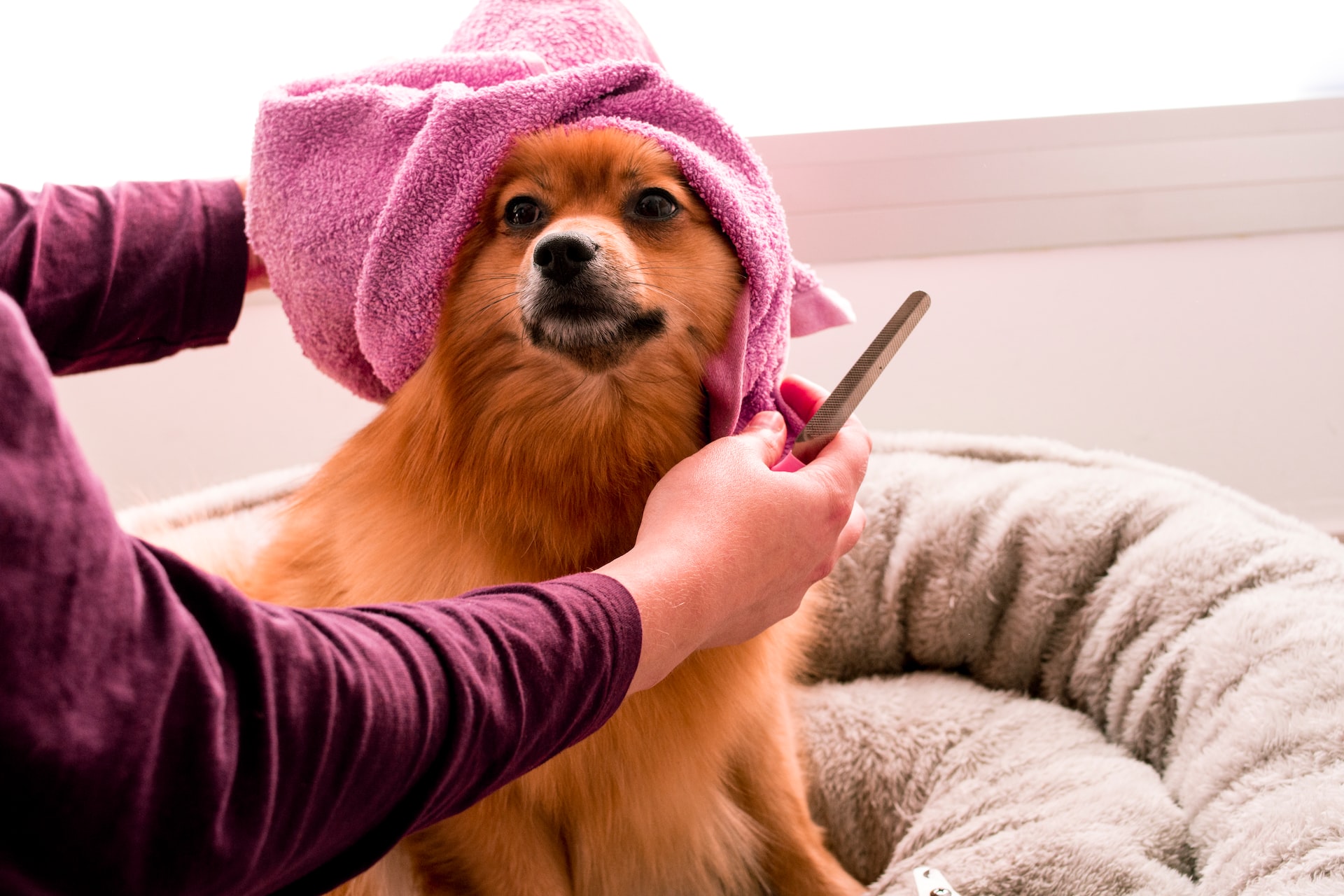
The holidays are upon us with delicious meals, desserts, and food gifts. It’s tempting to share tasty morsels with our pets, but food treats can become food disasters, and result in an unexpected holiday trip to your veterinarian. Keep your pet safe this holiday season by paying extra attention to the food you give them and the treats they may try to sneak behind your back.
Chocolate
Chocolate ingestion is the number one food reason pet owners call poison control hotlines, and many pet hotlines report a big spike in phone calls about chocolate ingestion during the holidays. Chocolate, particularly dark chocolate, and cacao, contains ingredients toxic to our pets, including theobromine and caffeine. Dogs have a sweet tooth like most of us and are drawn to sugary, high-fat treats (and boxes of chocolate thoughtfully brought into your home by a guest). Watch out, especially for chocolate-covered espresso beans!
Macadamia Nuts
Most people don’t realize that macadamia nuts are a problem for pets. The toxic ingredient in macadamia nuts has not yet been identified, but pet owners need to be careful about exposure. Macadamia nuts are also high in fat, contributing to their potentially harmful effects. Other nuts are not considered toxic.
Certain Vegetables
Onions, garlic, scallions, and leeks are toxic to pets, too. Cats are particularly sensitive, as are some breeds of dogs (Akita, Shiba Inu, and breeds with inherited red blood cell problems). The toxic effects are cumulative, so clinical signs (symptoms) don’t show up for hours or days after ingestion.
Bread Dough
Although alcohol (ethanol) is an obvious potential poison, many people don’t realize that raw bread dough also can result in ethanol poisoning. As the yeast grows, they produce ethanol and carbon dioxide. Eating rising dough can lead to both alcohol poisoning and stomach distention.
Grapes and Raisins
Most people are aware that grapes and raisins are toxic to dogs, and some evidence suggests this fruit also may be toxic to cats. Even a small amount of material can be toxic, so owners need to be vigilant about exposure to any type of raisin or grape, either raw or cooked.
Cream of Tartar
Recent reports suggest that cream of tartar – used in baking some holiday treats and homemade playdough recipes – can be toxic to dogs. Potassium bitartrate found in cream of tartar also has been implicated as the cause of kidney failure associated with grape and raisin ingestion. Although more study is needed, many veterinary toxicologists recommend avoiding any treats containing cream of tartar and calling poison control or your veterinarian if your pet ingests any material containing cream of tartar.
High-fat Foods
Although not specifically toxic, high-fat foods such as gravy, turkey skin and butter can cause inflammation of the pancreas (pancreatitis). Pancreatitis is a serious and sometimes fatal disease. Keep your pet away from any foods that have a high fat content. When guests are in the house and rich, fatty foods are easily available, numerous innocent treats can quickly add up to a health emergency. If your pet has overindulged or decides on their own to dive into something other than their normal food, contact your veterinarian for advice. Pet emergency clinics also are good resources and are equipped to deal with potential problems.
Xylitol and Other Items in Your Purse
When your guests arrive, remember to store purses, and other items that may contain tasty but harmful substances, safely away from prying pet noses. Did you know a single piece of sugarless gum or candy containing the sugar alcohol xylitol can be toxic and cause liver damage and life-threatening drops in blood sugar in dogs?
Medication bottles also may seem like fun chew toys to curious animals as vials rattle and roll when they swat or nudge them. If ingested, many human drugs can cause serious problems in dogs. Even hand sanitizer that contains mostly alcohol can have toxic effects on our pets. Store these items well beyond reach from curious pets.
Have a Safe Holiday
The holiday season is a time to give thanks for the love and companionship provided by our furry companions. By taking a few precautions, we can keep our pets healthy and happy for many more holiday seasons to come!